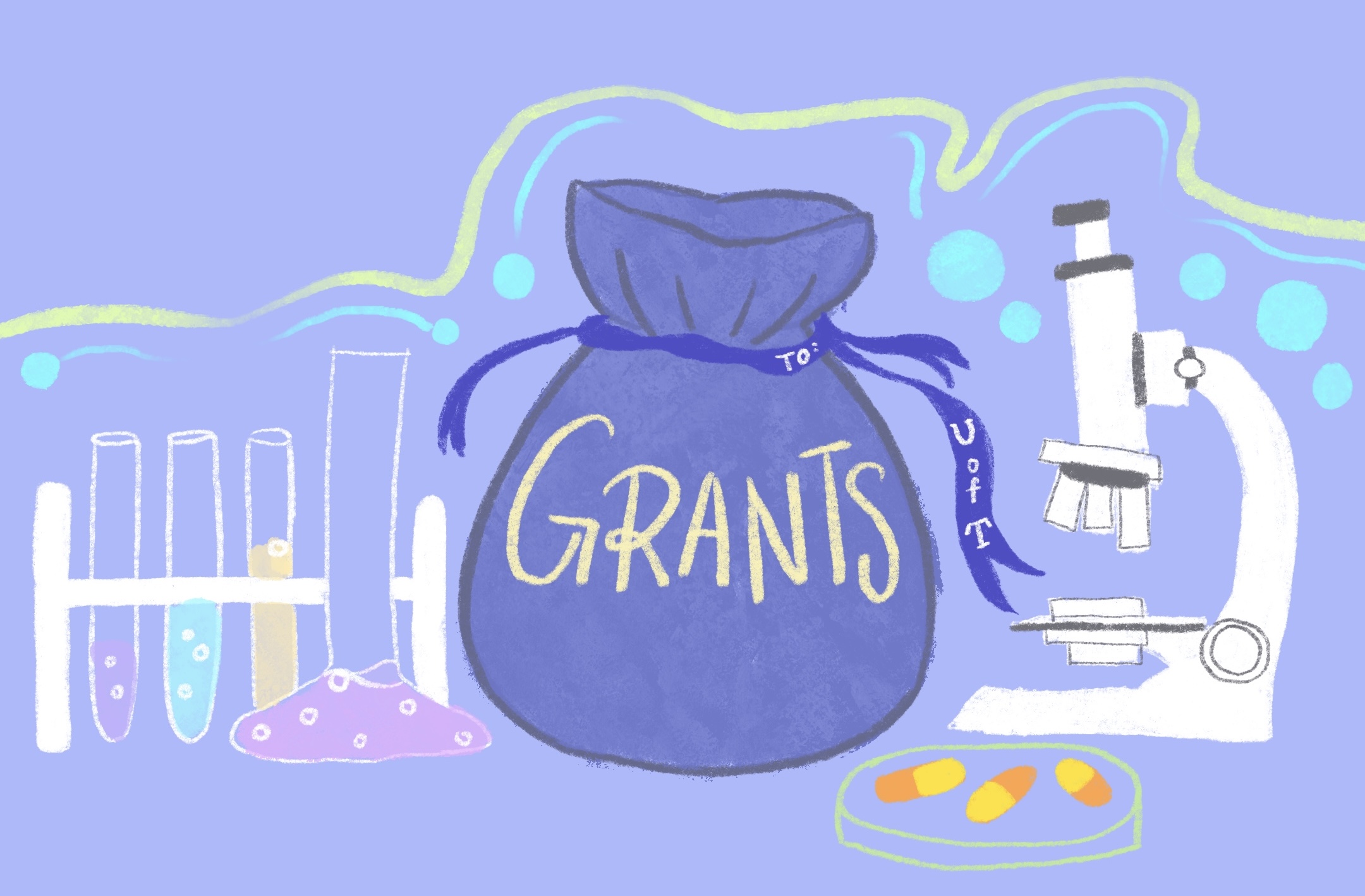U of T to receive four million dollars for research commercialization
The grant, which is a part of larger funding to Dalhousie University, will serve to help establish a healthcare venture incubator at U of T’s Temerty Faculty of Medicine.
On January 15, U of T News announced that the University of Toronto (U of T) and its partners are receiving C$4.25 million to develop a national hub dedicated to commercializing life science research.
The grant comes from a C$32 million funding package awarded to Dalhousie University by the Government of Canada as part of a five-year C$95.3 million grant through Lab2Market to support four networks of post-secondary institutions and organizations from various sectors, including private, public, not-for-profit, and health services.
According to a recent article on the Natural Sciences and Engineering Research Council of Canada (NSERC) website, the network aims to “foster the development of entrepreneurship skills and commercialization capacity across the academic community.”
This larger grant was announced on January 15 by the Honourable Terry Duguid, Canada’s Minister of Sport and the Minister responsible for Prairies Economic Development Canada, and was administered by the NSERC, the Canadian Institutes of Health Research, and the Social Sciences and Humanities Research Council.
U of T will employ this grant to establish a hub hosted at the university’s Temerty Faculty of Medicine’s Health Innovation Hub, an entrepreneurship accelerator that has supported the commercialization of over 750 ventures, which have collectively generated more than C$520 million in investment, sales, and other revenue sources.
Concerning the funding and the potential it supports at U of T, Justin Nodwell, the Vice Dean of research and health science education at Temerty, stated, “There is an incredible wealth of important science happening at Temerty Medicine and we are committed to seeing as much of it as possible incorporated into new diagnostics, therapies, and other technologies that can be scaled and distributed globally.”
Lab2Market was originally founded in 2020 as by a joint partnership between Dalhousie University and Toronto Metropolitan University (TMU). The organization’s goal is to bridge the gap between research and entrepreneurship among students. It does this through programming in six regional hubs across the nation: the Pacific, Alberta, Prairies, Ontario, Quebec and the Atlantic.
The organization works with students through cohorts associated with post-secondary institutions across the country, including universities, colleges, and research facilities. During its four-year pilot period, the program served over 1,000 participants from more than 40 academic institutions across every Canadian province, resulting in over 125 companies being created.
Lab2Market’s latest grant will allow the program to expand its already far-reaching impact, which involves over 150 collaborators and 50 core research institutions.
The organization is led by representatives from universities including Dalhousie, TMU, Simon Fraser, McMaster, Concordia, and Memorial, and the Universities of British Columbia, Alberta, Calgary, Manitoba, and Laval.
Part of the government’s funding to Lab2Market is built on contributions from Canadian innovation organization Mitacs, which “connects businesses with researchers, providing skilled talent, resources, and funding to transform academic breakthroughs into real-world impact.”
Nabanita Nawar, a U of T PhD graduate, was highlighted as one of Lab2Market’s successful students. Through her research, she created a mechanism that enhances the properties of drugs for patient benefit. Lab2Market’s influence helped Nawar raise C$5.6 million in funding for her work and has launched her entrepreneurial career, ultimately resulting in her being named one of Forbes’ 30 under 30 in Toronto. Though it’s not commonly thought of this way, research does have massive business potential. Scientists are constantly working on new technology, new drugs, and new ways of improving the quality of life of the population. Cutting-edge technology, especially in healthcare, is crucial.
After the grant was announced, John MacRitchie, assistant vice president of Zone Learning and Strategic Initiatives at Toronto Metropolitan University and Chair of the Executive Committee for Lab2Market said, “By supporting the expansion of the Lab2Market program, we aim to empower a new generation of researchers in transforming their innovations into solutions for some of the world’s most urgent challenges, while also creating a pipeline of talent and economic opportunities for Canada.” CT scans, which were only invented in the late 1960s, have since evolved to produce clearer imaging, which allows for early patient diagnosis. Prenatal ultrasounds have matured from grainy pictures that can’t accurately tell you the sex of a baby before 20 weeks, to internal 3D images that allow parents to see their child’s face before they’re even born.

